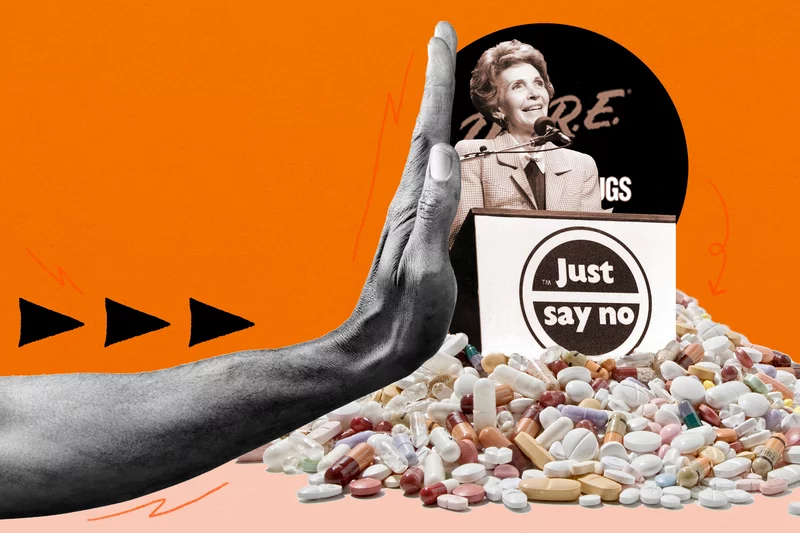How many times as a child are we told to “say no to drugs”. Have you wondered why it is so talked about? Substance abuse is a serious problem that affects individuals, families, and society. It refers to the use of drugs, alcohol, or other substances that can lead to physical, mental, and emotional damage. This behavior can start as an experiment, but over time, it can lead to addiction, which makes it difficult to quit. The dangers of substance abuse are far-reaching, affecting everything from health to relationships and even the future of those involved.
The most immediate danger of substance abuse is the harm it causes to the body. Drugs and alcohol can damage vital organs such as the liver, heart, and brain. Excessive alcohol consumption can lead to liver disease, high blood pressure, and even brain damage. Similarly, drug use, especially illegal substances like cocaine or heroin, can cause irreversible harm to the heart and lungs, and overdose is a constant risk with these. Although, there are emergency medications for overdose, it is still not something good to get into.
One of the most dangerous things of substance abuse is the potential for addiction. Addiction is when a person becomes dependent on a substance, meaning they think they cannot function without it. Over time, the body builds a tolerance to the substance, meaning the individual must use a large amount to achieve the same effect. This can lead to an increased risk of overdose, which can be fatal. In fact, overdose deaths are a major cause of death related to substance abuse, particularly in the case of opioids like heroin and prescription painkillers.
Substance abuse doesn’t only affect the body. It can also have severe consequences on mental health. Many substances, particularly drugs like marijuana, cocaine, and alcohol, alter the way the brain works. They can interfere with mood, thought processes, and decision abilities. For example, someone who abuses alcohol regularly may experience anxiety, depression, and memory problems. They might also make risky decisions while under the influence, which can lead to dangerous situations.
Substance abuse also takes a toll on personal relationships. People who abuse drugs or alcohol often become isolated from their friends and family because their behavior becomes unpredictable and irresponsible. They may neglect their responsibilities, lie about their actions, or engage in risky behavior that hurts those around them. Over time, loved ones may become frustrated, angry, or even scared for the person’s well-being.
Substance abuse can lead to broken families. Parents who abuse drugs or alcohol may struggle to care for their children, and children growing up in such environments are often exposed to unhealthy behaviors and unstable home lives. This can affect their emotional development and future relationships. In some cases, it leads to abuse or neglect, further harming children involved.
Substance abuse also strains healthcare systems and law enforcement. Hospitals and emergency rooms are often overwhelmed with patients suffering from overdoses, alcohol poisoning, or injuries related to drug use. Additionally, law enforcement spends significant resources on preventing the illegal sale of drugs and responding to incidents caused by substance abuse. This affects everyone in society, as it diverts resources from other important areas, such as education or public safety.
Despite the dangers, it is important to remember that recovery from substance abuse is possible. With the right support, such as therapy, counseling, and medical treatment, people can overcome addiction and begin to heal. Recovery often involves a combination of physical treatment to address the body’s dependence on the substance, as well as mental health care to deal with the emotional and psychological challenges associated with addiction.
Substance abuse is a dangerous issue that affects individuals’ health, mental well-being, relationships, and society. It can lead to addiction, physical and mental health problems, and the breakdown of personal connections. The impact on society is also significant, as substance abuse contributes to crime, accidents, and the strain on healthcare and law enforcement resources. While recovery is possible, it is far better to prevent substance abuse from occurring in the first place. By raising awareness and providing support, we can work together to combat this issue and protect the health and well being of future generations.































